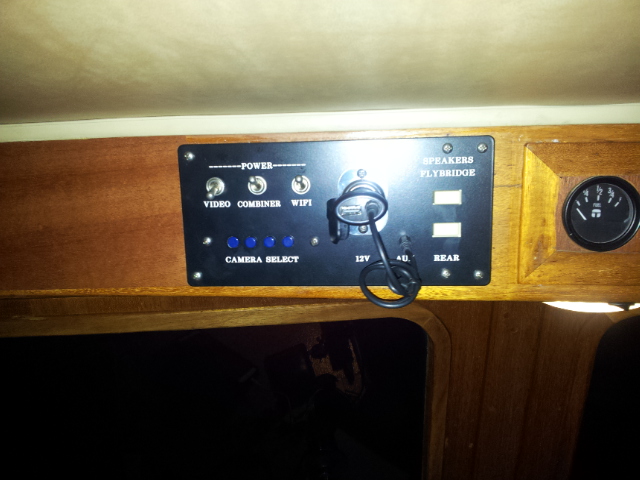Captain K
Senior Member
- Joined
- Mar 19, 2012
- Messages
- 315
- Location
- USA
- Vessel Name
- GITANA
- Vessel Make
- Sea Ranger 47 Pilothouse
I'm learning a new language. It's called "Engine," and I've been studying it for at least 40 years now. OK, I'm a slow learner. But what I have learned is that our engines speak to us, telling us when something's wrong. Example--about 3 years ago my port engine suddenly started spewing what appeared to be white smoke. My crew convinced me it was nothing more than the fact that it was a chilly morning and what I was seeing was condensation, much like your hot breath when it's cold out. The engine temperature gauge indicated normal, so there was some plausibility in their reasoning. About 12 hours into that day's cruise, I shut down the port engine to check its oil level. On restart, the high temperature alarm sounded. I shut the engine down immediately and went with my first impulse--check the raw water impeller (which I had replaced a few days earlier). It had only one vane left. When I replaced it with a new one, all went well. The white smoke was no more. Hooooray! Now I've learned something about my engine's language, that white smoke, actually steam in this case, can indicate a failing impeller. I was reminded of this when I recently observed whitish smoke coming from both my engines. Sure enough it turned out to be failing impellers, also recently changed (I've written of this in a separate thread). There are many, many other engine words to add to my growing lexicon. And I've now learned how important it is pay attention, to listen, to observe, and to take action when my engine talks!

